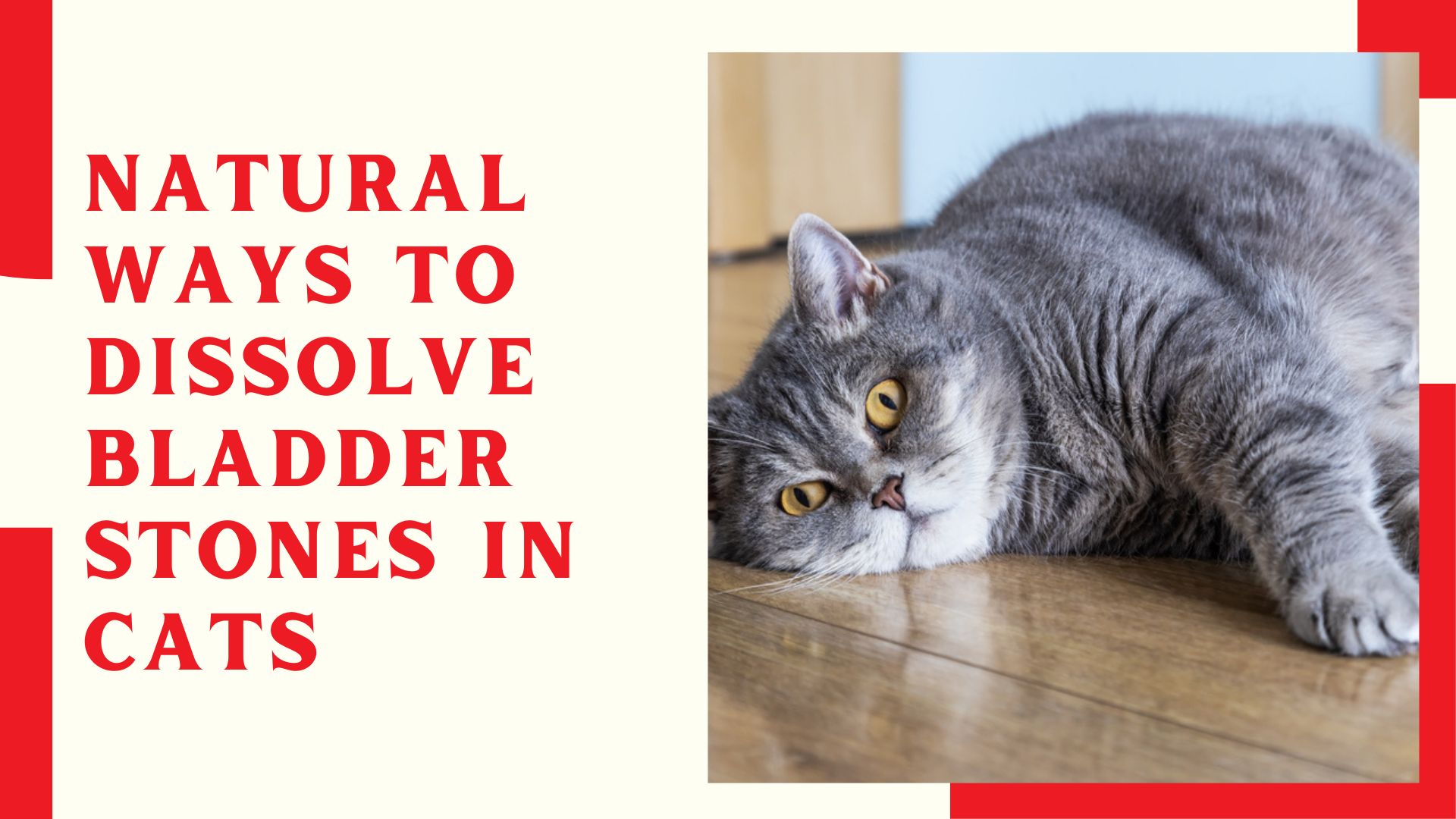Growing fruits and vegetables can be a delightful experience. But, it can also be a daunting task when pests start to invade your garden. Protecting your crops from pests that can quickly destroy your harvest is important. Whether you are an experienced gardener or a beginner, dealing with pests can be challenging. However, several easy and effective methods exist to safeguard your precious crops without harmful chemicals. By implementing these methods, you can ensure a healthy and bountiful harvest .Here are some of the simplest ways to keep pests at bay and ensure a bountiful harvest.
Related Products You Might Like
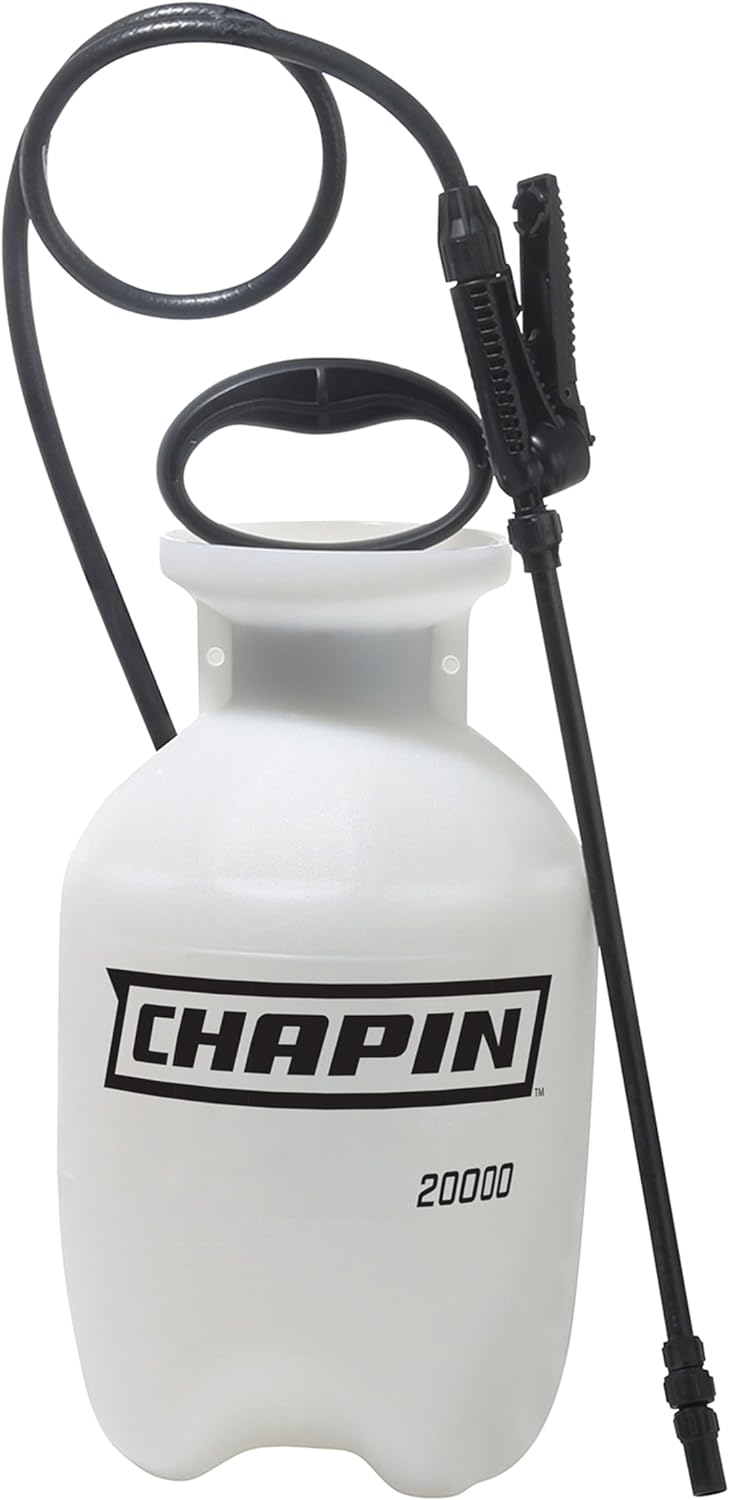
Chapin Lawn and Garden Pressured Sprayer
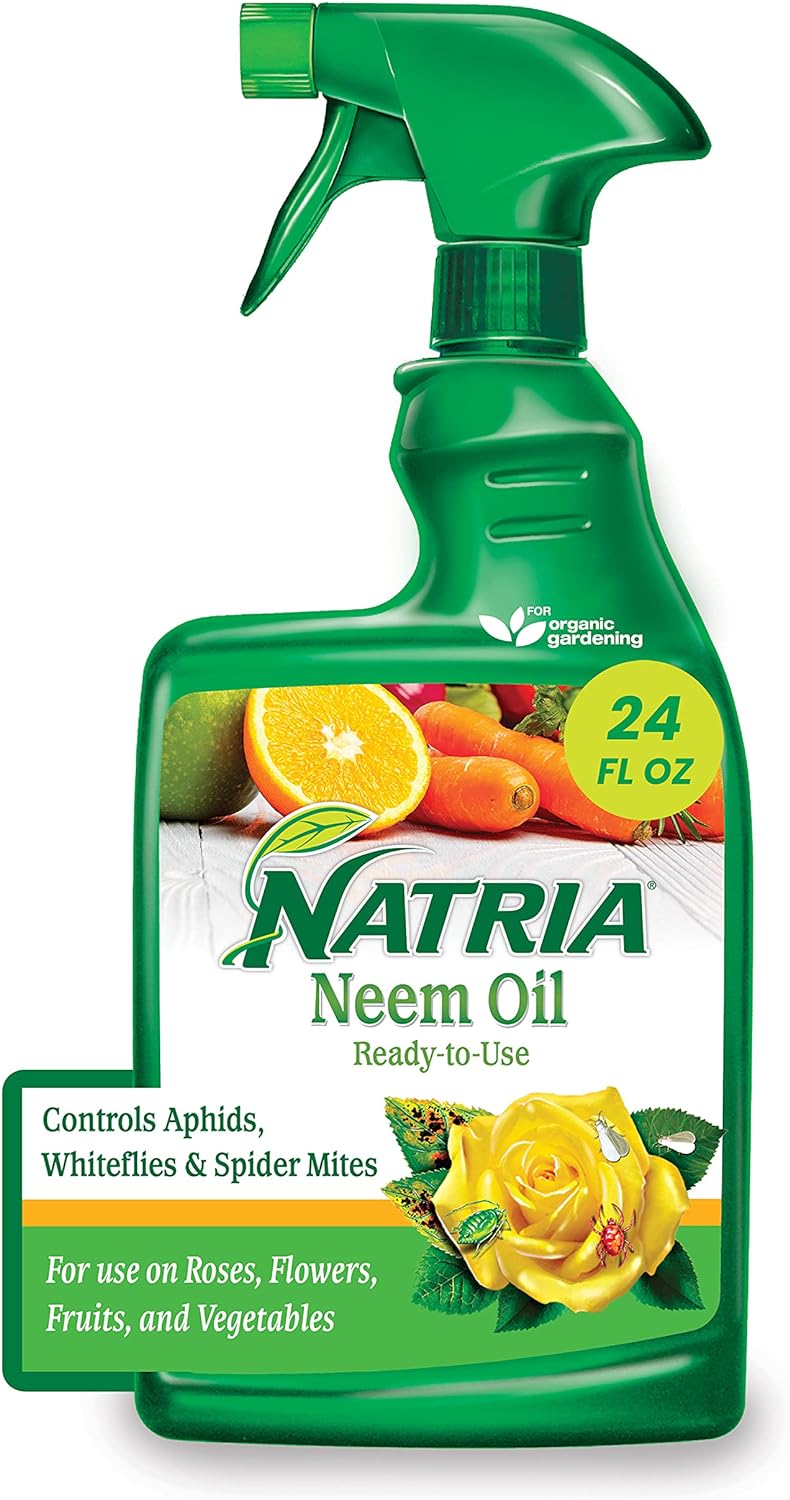
Natria Neem Oil Spray for Plants Pest

Fiskars Bypass Pruning Shears
"(Paid Links)" As an Amazon Associate, We earn from qualifying purchases.
Companion Planting:
One of the easiest ways to deter pests is by planting certain crops together. Some plants also have the ability to attract beneficial insects that feed on these pests! For instance, marigolds emit a scent that repels many garden pests, while basil planted near tomatoes can deter tomato hornworms.
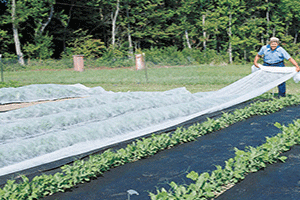
Row Covers:
Covering your crops with lightweight fabric or mesh can physically block pests while still allowing sunlight, air, and water to reach the plants. Row covers are particularly effective against flying insects like aphids, cabbage moths, and flea beetles.
Handpicking:
Sometimes the simplest solution is the most effective. Routinely investigate your plants for signs of harm and eliminate any bugs you find manually. This technique functions admirably for bigger nuisances like caterpillars, insects, and snails.
Neem Oil:
Neem oil, got from the neem tree, is a distinctive insect spray that disturbs the taking care of and conceptive patterns of numerous irritations. It's safe to use on most fruits and vegetables and can help control a wide range of pests, including aphids, whiteflies, and spider mites.
Diatomaceous Earth:
Diatomaceous earth, a powdery substance composed of the fossilized remnants of tiny aquatic organisms known as diatoms, can be sprinkled around the base of plants to repel crawling insects. It works by absorbing an insect's waxy exterior covering, causing it to dehydrate and die.
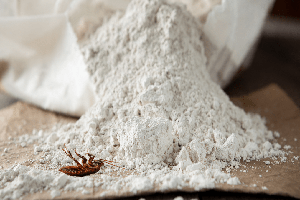
Beneficial Insects:
Introduce beneficial insects into your garden, like lacewings, ladybugs, and parasitic wasps, can help control pest populations naturally. These insects prey on common garden pests, which reduces the need for chemical treatments.
Trap Crops:
Planting specific crops to attract pests away from your main crops is another effective strategy. For example, planting a patch of sacrificial plants like nasturtiums can lure aphids away from your prized vegetables.
Homemade Sprays:
Homemade insecticidal sprays made from ingredients like garlic, hot peppers, and soap can help deter pests when applied to plants. These sprays are simple to create and less toxic to beneficial insects and the environment than synthetic pesticides.
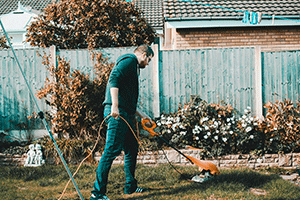
Clean Garden Practices:
Maintaining a clean and tidy garden can help reduce pest problems. Remove any plant debris, weeds, and fallen fruits or vegetables that pests could use as shelter or food sources.
Crop Rotation:
Rotating crops can interrupt insect life cycles and keep them from accumulating in the soil. By planting different crops in each bed or area of your garden, you can minimize pest pressure and maintain soil health.
Conclusion
protecting fruits and vegetables from pests doesn't have to be complicated or harmful to the environment. By implementing these easy and natural methods, you can effectively manage pest populations in your garden while promoting healthy and thriving plants.



